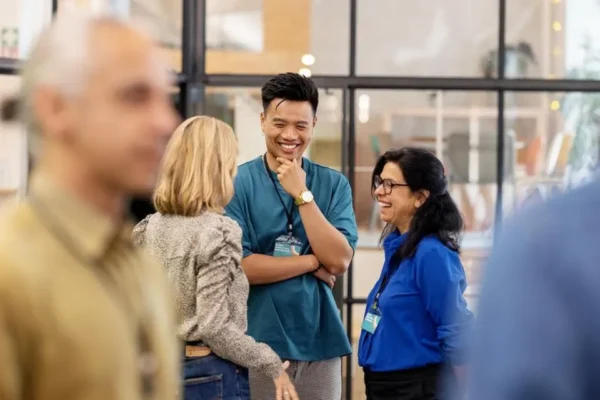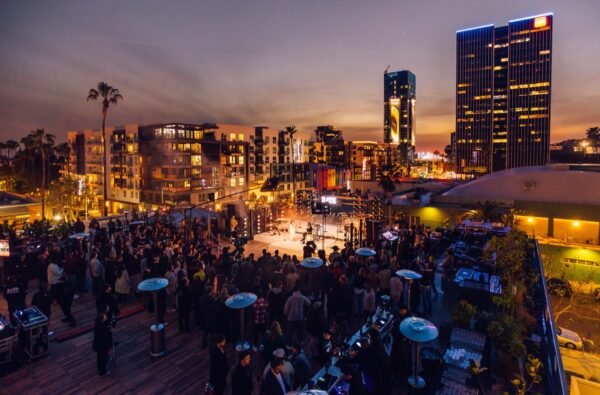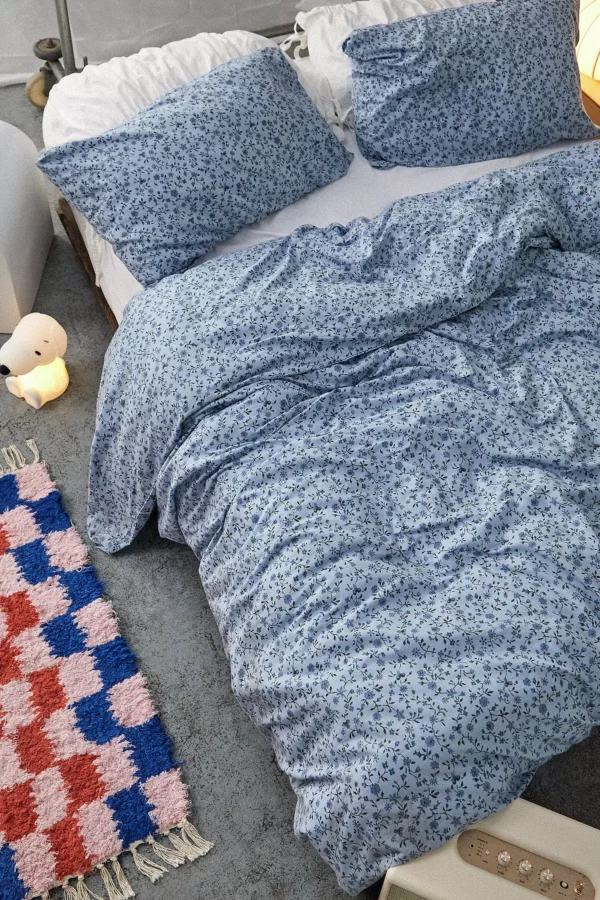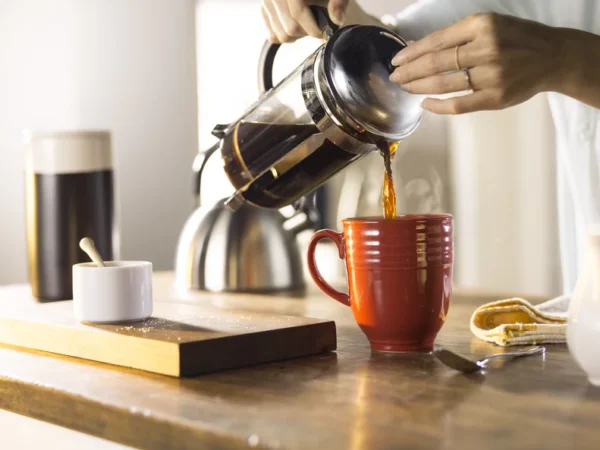
The Venue Checklist: 10 Things to Look for When Booking an Event Space
There’s more to picking a venue than checking capacity and scrolling through photos. The space you choose sets the tone for everything that follows: how people connect, how the energy moves, and how your event is remembered. But here’s the thing: most people focus on surface-level features and miss the deeper stuff that really affects how things play out. If you’re planning an event and don’t want to leave things up to chance, here’s what to actually pay attention to.

1. Space That Works With Your Event, Not Against It
When looking for the best event space Hollywood has to offer for example if you’re LA based, you always need to begin with the layout and the flow of the venue. The layout should make sense for what you’re trying to do. Sounds basic, but it’s surprisingly common to end up somewhere that looks great in photos but doesn’t flow once people arrive.
You’ll want to walk through the space (physically or virtually) with your event format in mind. Where will people arrive? Where will they hang out? Is there a spot that feels right for a presentation or performance? Or will everyone end up bunched near the bar because there’s nowhere else to go?
The best venues feel intuitive the second you walk in.
2. Not All Sound Is Good Sound
Bad acoustics are an instant mood killer. Even a small amount of echo or background noise can make it hard for people to engage, whether it’s with a speaker, a conversation, or a film screening.
If you’re planning anything involving microphones, music, or recordings, take the time to ask what the sound setup is really like. Is there acoustic treatment? Is it too live? Too dead?
3. Built-In Flexibility
Great venues adapt to your needs. Whether you’re planning a corporate event followed by a dinner at night, or you just need to create a flow between a talk and a cocktail hour, having options helps.
Look for spaces that don’t lock you into one configuration. Moveable furniture, partitions, and multiple rooms or breakout zones make it much easier to keep the energy moving and cater to different moments throughout the day or evening. Even having a mix of open and more intimate areas goes a long way.
Don’t just assume it’ll work. Sound is one of those things that’s hard to fix later.
4. The Tech Should Be Seamless
AV doesn’t need to be flashy—it just needs to work. There’s nothing worse than standing in front of a group trying to fix a projector or waiting for someone to unmute a mic that’s not cooperating. If your event involves slides, sound, streaming, or anything even slightly digital, make sure the venue is set up to support that.
More importantly, check if someone will be there to help run it. Even a simple setup needs a backup plan. A venue that comes with hands-on support? Huge win.
5. Food and Drink Logistics
You don’t have to serve a five-course meal, but people will expect something.
The question is: how well does the venue handle food? Some spaces are stunning until you realize there’s nowhere to prep or store catering. Others might allow outside food, but make the setup a total headache.
Ideally, there’s a team or system already in place for this. Whether it’s passed plates or a full-service dinner, the smoother the behind-the-scenes food situation, the better the whole experience feels.
6. Lighting That Fits the Mood
A lot of venues lean hard on design but forget how much lighting changes the feel of a room.
What’s the natural light situation during the day? Can it be softened? And at night, are the lights adjustable, or is everything stuck on one bright setting?
Events often have phases: a bright, welcoming arrival… a more focused segment… and maybe a looser, low-lit vibe as things wind down. The right lighting makes those transitions smooth. You don’t want to fight with overhead fluorescents all night.
7. Quiet Corners and Breathing Room
Not everything has to happen in one big open area. The best events have layers—somewhere to gather, somewhere to engage, and somewhere to step away.
Maybe it’s a tucked-away lounge, a rooftop, or just a hallway with soft lighting and seating. People appreciate having space to reset, especially at longer events or those that lean social.
It’s not about creating “breakout rooms.” It’s about making the experience feel more human.
8. Staff That’s Actually Helpful
Some venues offer a beautiful setting… and then leave you on your own. That might work if your event is super low-key, but for most situations, you’re going to want some support.
That could mean someone managing the door, a tech who knows the AV inside out, or a coordinator who’s already solved the problems you haven’t thought of yet.
Ask what kind of staff presence comes with the booking. Are they just unlocking the doors? Or are they actually part of making it run smoothly?
9. A Look That Matches the Vibe
You don’t need everything to be perfectly on-theme. But the space shouldn’t fight what you’re trying to create.
Whether your event is creative, elegant, gritty, formal, or something in between, think about how the environment plays into that. Some venues are bold and architectural, others are more minimal and let your design choices stand out.
It’s less about “style” and more about whether the space adds or distracts from what’s happening inside it.
10. Getting There Should Be Easy
People don’t want to jump through hoops to show up. If the venue is hidden behind a maze of doors, up five flights of stairs with no elevator, or miles from transit and parking, some of your guests might just… not bother.
Double-check the basics. Is it easy to find? Is there signage? Is it accessible to everyone, including those with mobility needs? These aren’t exciting details, but they’re the kind that quietly decide whether your event feels welcoming or frustrating.
What Really Makes a Space Work
It’s not about ticking boxes. It’s about choosing a space that supports the kind of experience you want to create, from the first step in to the final conversation on the way out.
A great venue fades into the background when everything’s going right. It’s the kind of place that just feels good to be in—where people stay a little longer, talk a little more, and leave feeling like they were part of something intentional.
That’s what you’re really booking. Not just a room. But the rhythm of how your event plays out.













































